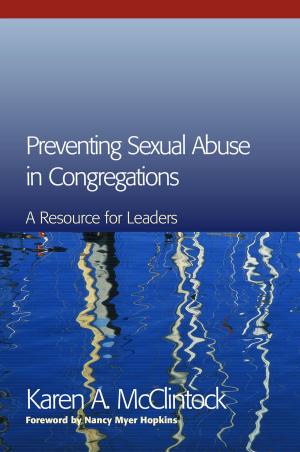The Evil of Banality
On The Life and Death Importance of Thinking
Nonfiction, Religion & Spirituality, Philosophy, Ethics & Moral Philosophy, Social & Cultural Studies, Political Science, Politics, History & Theory| Author: | Elizabeth K. Minnich | ISBN: | 9781442275973 |
| Publisher: | Rowman & Littlefield Publishers | Publication: | December 7, 2016 |
| Imprint: | Rowman & Littlefield Publishers | Language: | English |
| Author: | Elizabeth K. Minnich |
| ISBN: | 9781442275973 |
| Publisher: | Rowman & Littlefield Publishers |
| Publication: | December 7, 2016 |
| Imprint: | Rowman & Littlefield Publishers |
| Language: | English |
How is it possible to murder a million people one by one? Hatred, fear, madness of one or many people cannot explain it. No one can be so possessed for the months, even years, required for genocides, slavery, deadly economic exploitation, sexual trafficking of children. In The Evil of Banality, Elizabeth Minnich argues for a tragic yet hopeful explanation. “Extensive evil,” her term for systematic horrific harm-doing, is actually carried out, not by psychopaths, but by people like your quiet next door neighbor, your ambitious colleagues. There simply are not enough moral monsters for extensive evil, nor enough saints for extensive good. In periods of extensive evil, people little different from you and me do its work for no more than a better job, a raise, the house of the family “disappeared” last week. So how can there be hope? The seeds of such evils are right there in our ordinary lives. They are neither mysterious nor demonic. If we avoid romanticizing and so protecting ourselves from responsibility for the worst and the best of which humans are capable, we can prepare to say no to extensive evil—to act accurately, together, and above all in time, before great harm-doing has become the daily work of ‘normal’ people.
How is it possible to murder a million people one by one? Hatred, fear, madness of one or many people cannot explain it. No one can be so possessed for the months, even years, required for genocides, slavery, deadly economic exploitation, sexual trafficking of children. In The Evil of Banality, Elizabeth Minnich argues for a tragic yet hopeful explanation. “Extensive evil,” her term for systematic horrific harm-doing, is actually carried out, not by psychopaths, but by people like your quiet next door neighbor, your ambitious colleagues. There simply are not enough moral monsters for extensive evil, nor enough saints for extensive good. In periods of extensive evil, people little different from you and me do its work for no more than a better job, a raise, the house of the family “disappeared” last week. So how can there be hope? The seeds of such evils are right there in our ordinary lives. They are neither mysterious nor demonic. If we avoid romanticizing and so protecting ourselves from responsibility for the worst and the best of which humans are capable, we can prepare to say no to extensive evil—to act accurately, together, and above all in time, before great harm-doing has become the daily work of ‘normal’ people.















